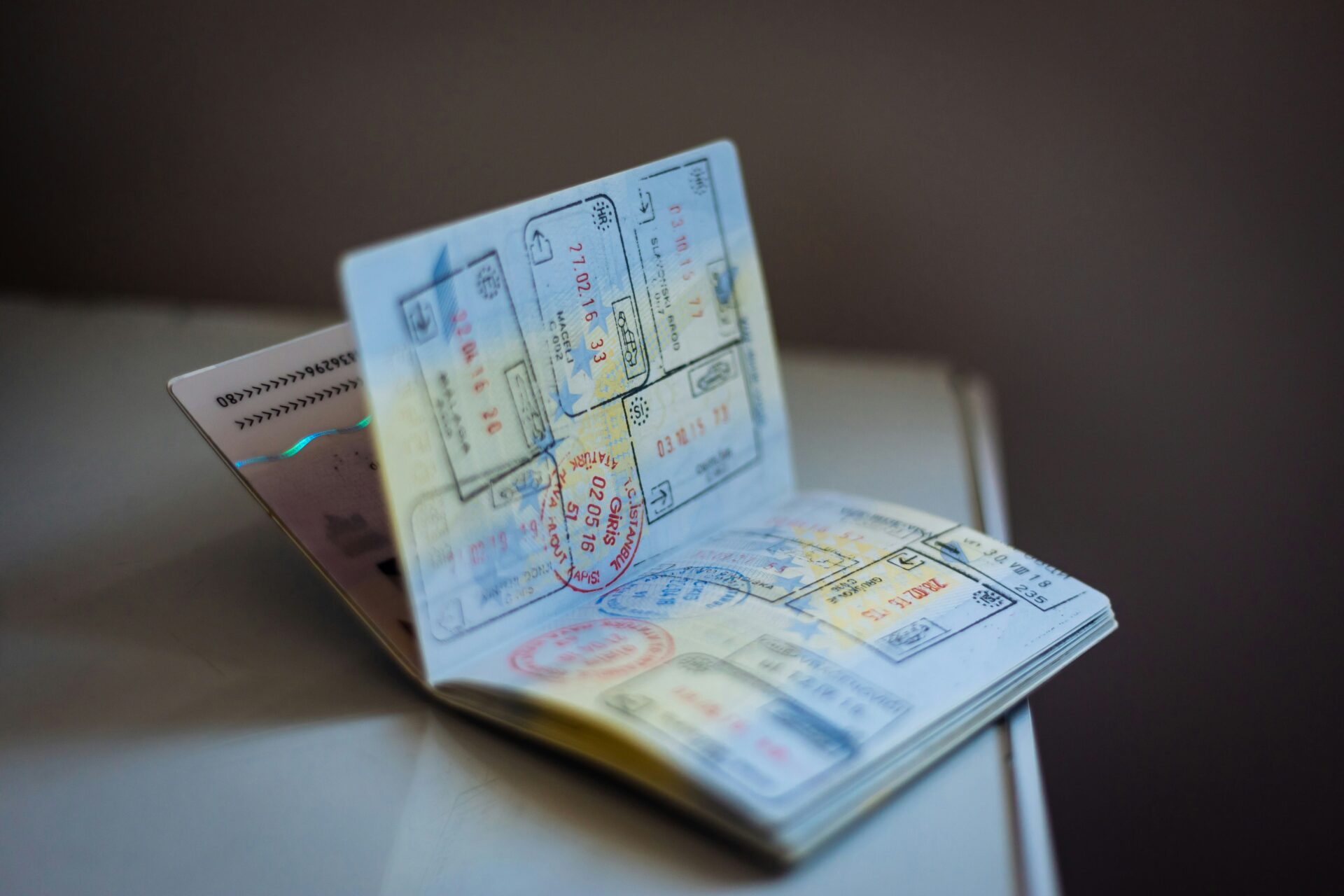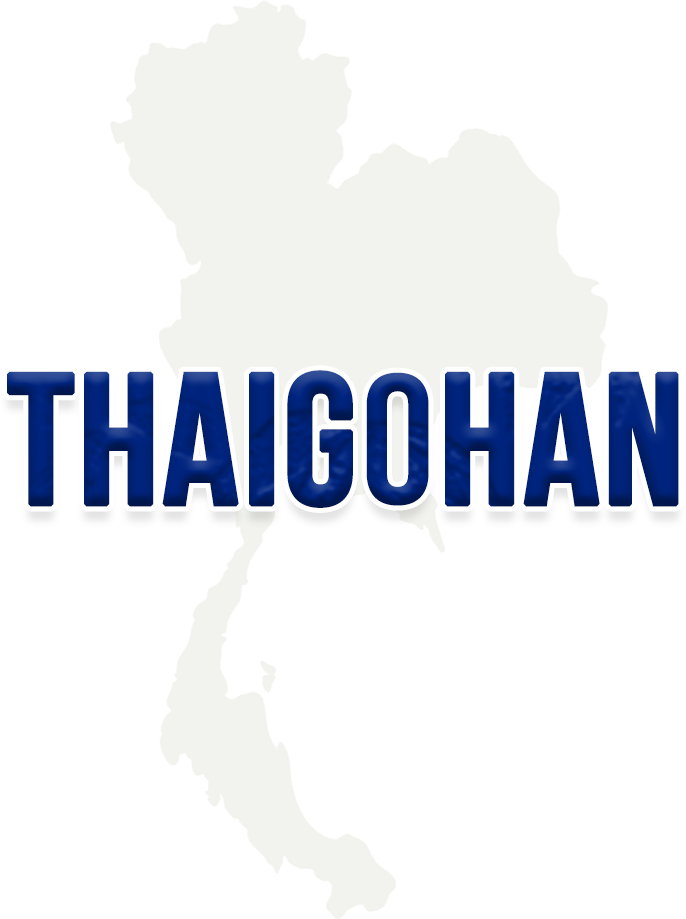Complete Guide to Thai Visas: How to Choose the Best Visa for Your Needs

Thailand, known for its rich culture, warm climate, and attractive tourist destinations, draws people from all over the world. Whether you’re planning a short vacation, considering a long-term stay, or even thinking about relocating or starting a business, obtaining the right visa is a crucial step. This article provides a detailed overview of the various types of visas available in Thailand and helps you choose the one that best suits your needs.
目次
1. Tourist Visa
Overview of the Tourist Visa
The Tourist Visa is designed for those who wish to visit Thailand for a short period. This visa comes in two types: Single Entry and Multiple Entry, each offering different durations of stay. A Single Entry Tourist Visa typically allows a stay of up to 60 days, while a Multiple Entry Visa permits a stay of up to 90 days.
How to Apply and Required Documents
To obtain a Tourist Visa, you must apply at a Thai embassy or consulate. The application process requires a valid passport, a completed visa application form, passport-sized photos, copies of your round-trip airline tickets, and proof of accommodation for your stay. The process is relatively straightforward, making it a popular choice for travelers.
Limitations of the Tourist Visa
While on a Tourist Visa, your activities are generally limited to tourism and leisure, and employment is strictly prohibited. If you wish to extend your stay, you can apply for a 30-day extension at the Thai immigration office.
2. Business Visa (Non-Immigrant B Visa)
Overview of the Business Visa
The Business Visa is essential for those planning to work in Thailand, whether as an expatriate employee or to establish a business presence. This visa allows you to legally work in Thailand and is typically accompanied by a work permit.
Application Requirements and Documentation
To apply for a Business Visa, you will need an invitation letter from your employer, a business contract, and company registration documents. You must also provide details about your job role and the duration of your stay in Thailand. The Business Visa usually allows a stay of 90 days, with the possibility of extending your stay through the appropriate channels.
Extending and Renewing a Business Visa
The Business Visa can be extended for one year within Thailand. To maintain legal status, you must report your residence to the immigration office every 90 days. Additionally, obtaining a work permit is a mandatory requirement for working in Thailand under this visa.
3. Retirement Visa (Non-Immigrant O-A Visa)
Overview of the Retirement Visa
The Retirement Visa is designed for individuals aged 50 and above who wish to spend their retirement years in Thailand. It is a popular option for retirees seeking a peaceful and affordable lifestyle.
Eligibility and Application Process
To qualify for a Retirement Visa, you must be at least 50 years old and meet certain financial requirements. Specifically, you need to have a bank balance of at least 800,000 baht (approximately 32,000 USD) in a Thai bank account or a monthly pension of at least 65,000 baht (approximately 2,600 USD). Required documents include your passport, financial statements, and a health certificate.
Benefits of the Retirement Visa
One of the key advantages of the Retirement Visa is the ability to stay in Thailand long-term. The visa is valid for one year and can be renewed annually. Additionally, holders of the Retirement Visa can easily open a bank account and obtain health insurance in Thailand, making it an essential step for a comfortable retirement.
4. SMART Visa
Overview of the SMART Visa
The SMART Visa is a special visa introduced by the Thai government to attract highly skilled professionals in specific sectors such as technology, research, and innovation. Although more challenging to obtain than other visas, the SMART Visa offers numerous benefits once granted.
Eligibility Criteria and Benefits
To qualify for a SMART Visa, applicants must possess advanced expertise in their field and demonstrate how their work will contribute to Thailand’s economy. The visa allows for a stay of up to four years and offers perks such as family visas, exemption from the work permit requirement, and streamlined renewal procedures. This visa is ideal for those planning a long-term professional engagement in Thailand.
5. Other Visa Types (Education Visa, Spouse Visa, etc.)
Education Visa (Non-Immigrant ED Visa)
The Education Visa is intended for students enrolled in Thai educational institutions. It is also suitable for individuals attending language schools or universities. To apply, you need an acceptance letter from the institution, proof of tuition payment, and other supporting documents.
Spouse Visa (Non-Immigrant O Visa)
The Spouse Visa is available to foreigners married to Thai nationals. This visa allows the spouse to reside in Thailand and is often accompanied by the option to work. Required documents include a marriage certificate, proof of the spouse’s Thai nationality, and financial statements.
6. Important Considerations for Thai Visa Applications
Visa Extensions and Renewals
If you wish to stay in Thailand long-term, you will need to extend your visa. This process can be done at the immigration office in Thailand, where you must submit the necessary documents to support your application. Additionally, be aware of the risks associated with “visa runs” (leaving and re-entering the country to renew your visa), as these can lead to legal complications.
Conclusion
Choosing the right visa is essential for a smooth and enjoyable stay in Thailand. Whether you’re visiting for tourism, business, retirement, or other purposes, understanding the requirements and benefits of each visa type will help you make an informed decision. Use this guide to prepare your visa application and ensure a hassle-free experience in Thailand.
(Photo by Unsplash.com)




